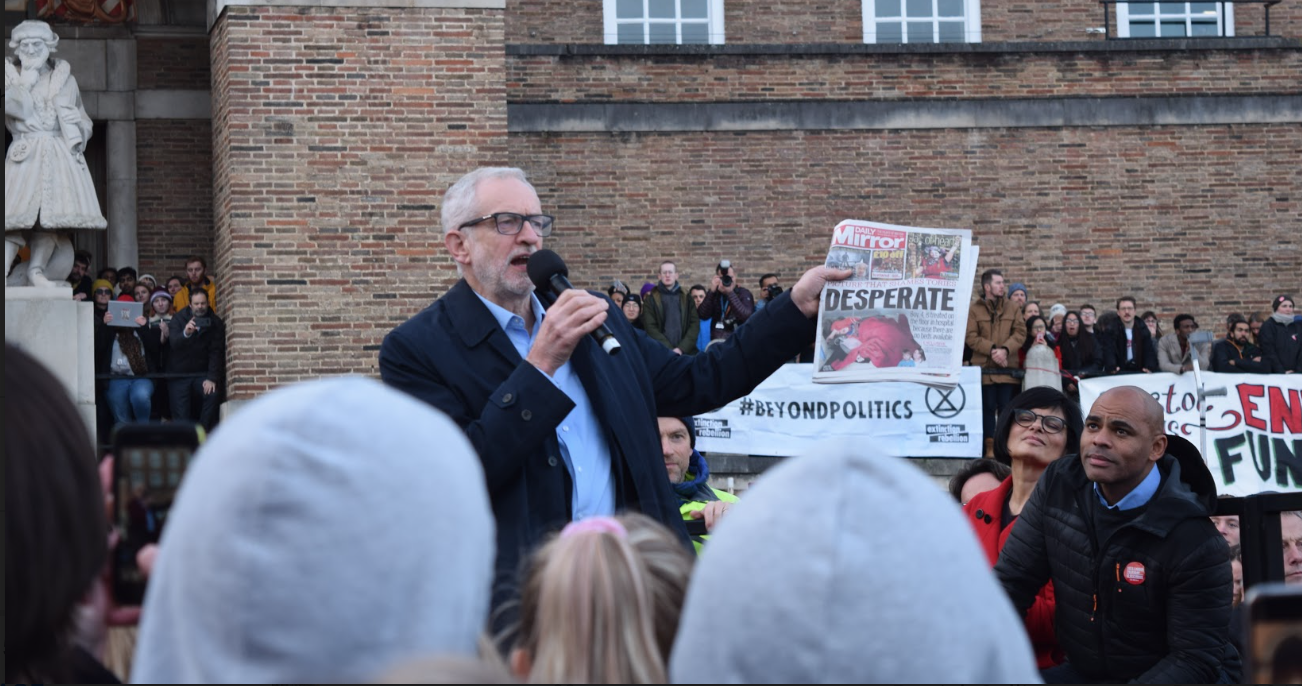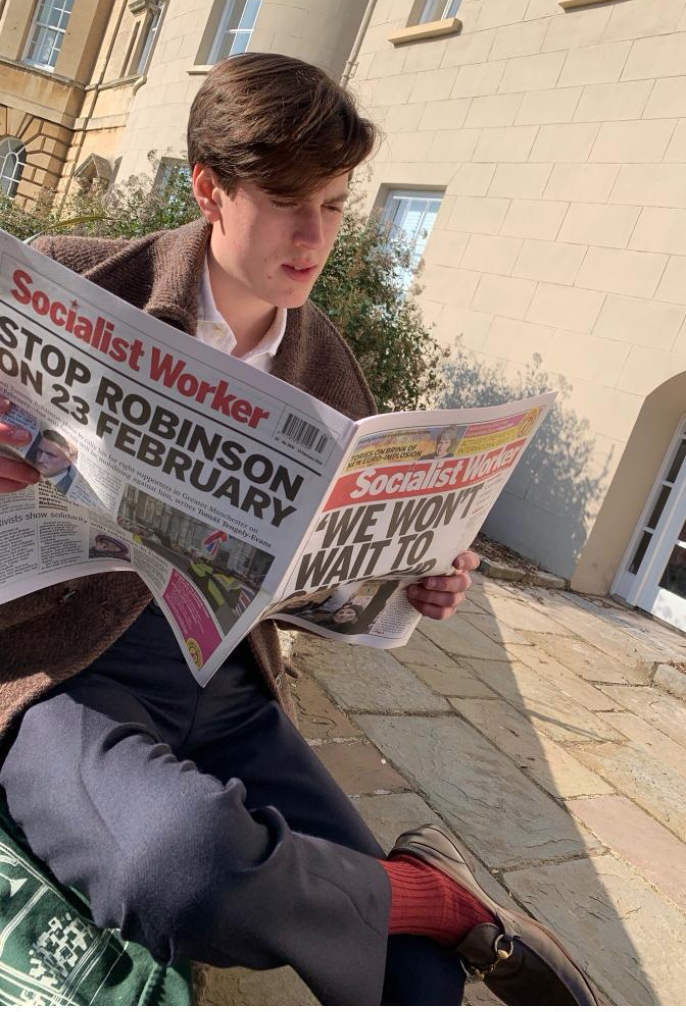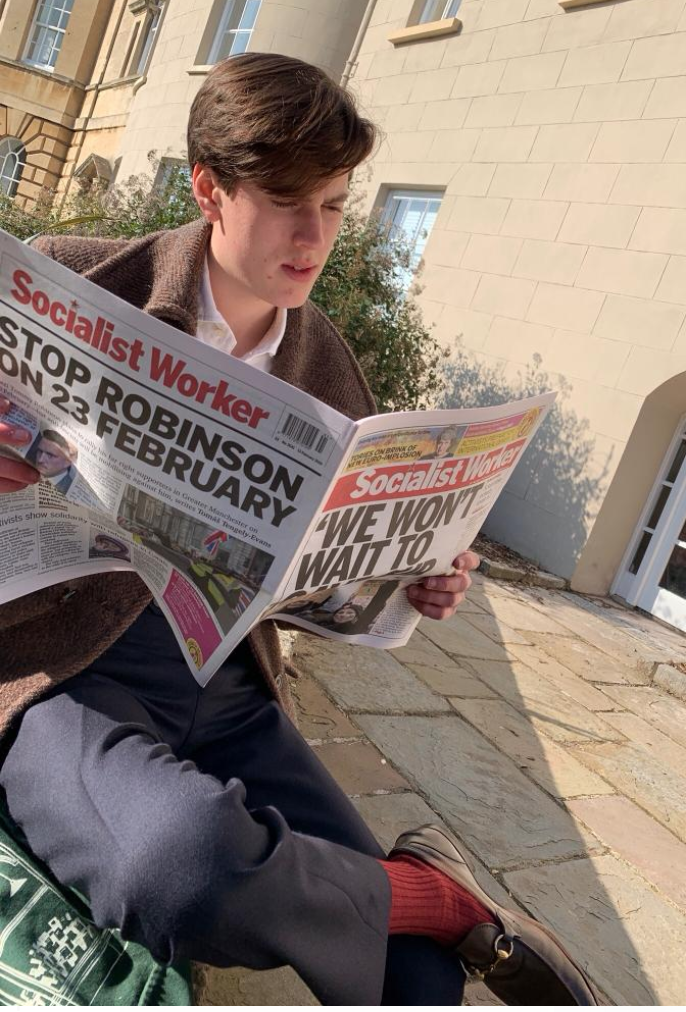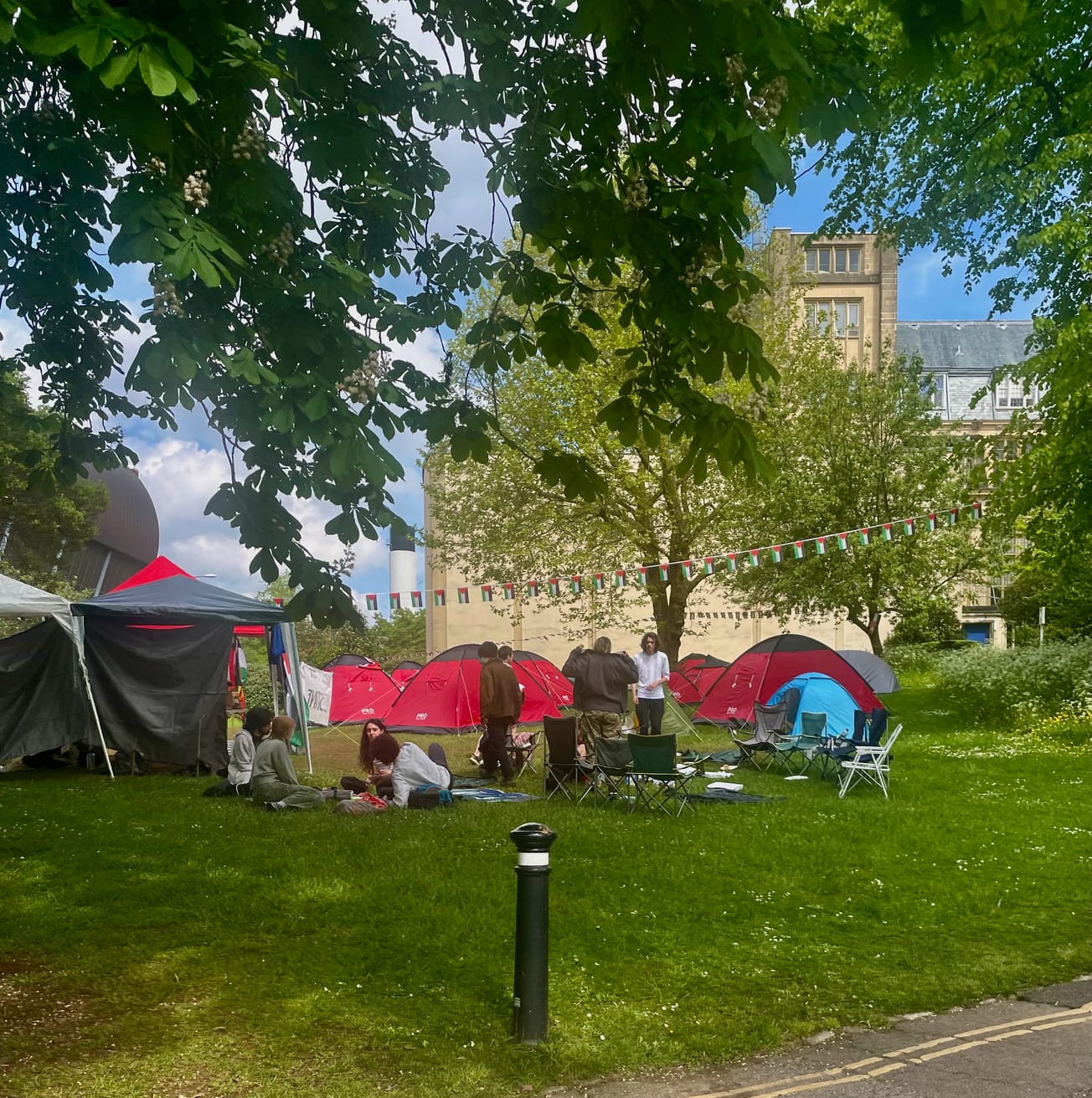By, Fiorenza Dell'Anna, First Year, English and Spanish
Upon leaving school, you shed a layer of your identity. Who you are and what you believe may change and if it doesn’t, your beliefs will be enhanced by different experiences. But when do you decide who you are and what you stand for? ‘A gap year travelling across South East Asia, of course!’ some will say. However, for those who miss the boat of self-discovery a la Eat, Pray, Love on an exotic gap year, university tends to be the answer to that question.

Universities are supposed to represent a space in which to study, independently explore your opinions and in essence, find out who you are. Contrary to popular belief, the grounds of a university no longer represent the haven for free thought (let alone expression) that they once could pride themselves in providing for the young students of the world. In this regard, further education may be seen as something of a sobering experience. That is to say, you quickly realise that freedom of expression comes with a caveat. You are perfectly free to express your opinions so long as they fall into a particular frame of left-leaning thought which is deemed socially acceptable. Of course, there is nothing wrong with this if you are that way inclined. But what happens if you are not?

Well, unless you are prepared to blindly fall in line with the other flannel-wearing students, and march to the bellowing beat of the Corbyn-Thunberg drum, silence appears to be the next best and safest option. Telling people what your views are and straying from the acceptable frame of left-leaning university thought, can convert you from friend to foe within a matter of seconds. Encapsulated within a sentence could be your bleak fate as an Orwellian, Emmanuel Goldstein figure. Susceptible to routine questioning at the hands of peers and of course, the complimentary quotidian Two Minutes of Hate, this is also known as the Dissident Package Deal.
It is a constant and discouraging betrayal of ones beliefs to have to suppress opinions day-in-day-out to avoid potentially explosive reactions. ‘No one is stopping you from sharing your opinion’ the more quick-witted amongst you will note. Arguably there is some truth to this. Yes, you can express your opinion. The question is: at what price?

Friendships? Grades? Personal safety? How much must be lost on behalf of the opinionated individual, before we acknowledge that there is a problem? A fundamental lack of acceptance of other people’s opinions, that is rooted at the heart of campus life across the UK.
It must be stressed that the opinions we are discussing here are not radical: an expression of support of the Conservative Party or Brexit for example, is enough to make you a pariah or worse still, a target. People frequently argue that if you want the luxury of freedom of expression, you need to allow people to respond, as though by expressing an opinion you were inviting a debate. But how far should a response go before it is deemed an attack? The rhetoric that is frequently used with regards to Conservative supporters for example, is not only common, but it is permissible and tolerated at university. However, where does this end? One cannot help but shudder in dread if the case of Alex Tant-Brown is any indication of where we are headed.

The whole point of university is that you will be exposed to something different, or so the myth goes. A new course, a new city, a new way of life, new people with different opinions perhaps (if you can only tolerate them). The one thing that no one expects to be freshly exposed to is censorship. The general election has undoubtedly brought the bubbling animosity between students of different political opinions to the forefront, casting a harsh light on the intolerance at the root of it. While this should go without saying, students should not fear for their safety as a result of proudly supporting whomsoever they choose to. Unfortunately however, we live in a society where the famous words of Voltaire: ‘I disapprove of what you say, but I will defend to the death your right to say it’ are obsolete. To the contrary, people will fight to the death to impede you from doing just that.
Freedom of experession comes with a caveat
The truth of the matter its that silence, and not honesty, has become the best policy. And if you dare to shoulder the burden of making your opinion known, the only thing I can really and honestly say is good luck, and to quote Mary Shelley ‘Beware! Your toils only begin’.
Have you ever tried to hide your political opinion at university?









